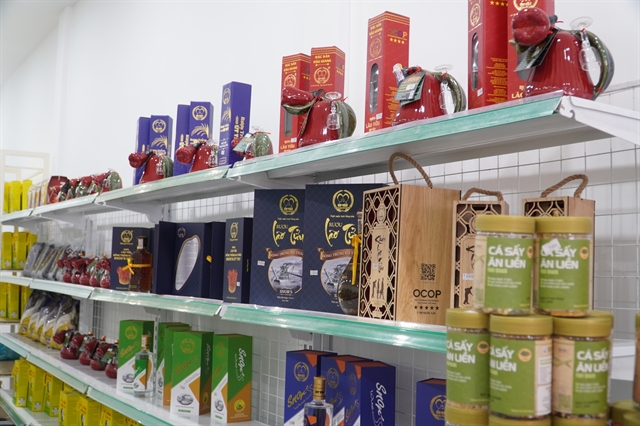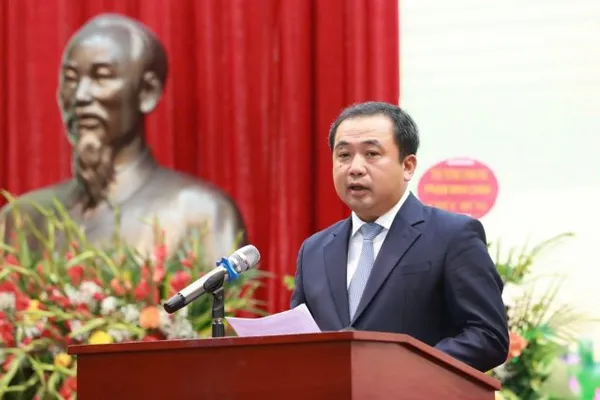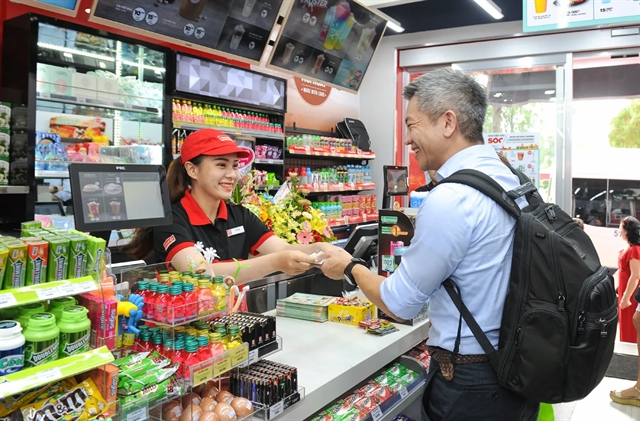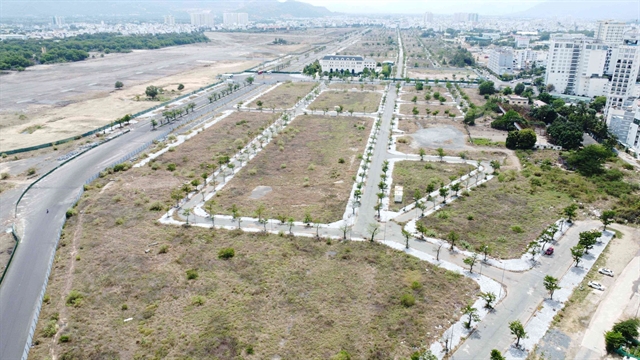 Economy
Economy

.JPG)
|
| SABECO showcases its ESG initiatives and circular economy achievements at the PRO Vietnam Annual Meeting on June 11. — Photo courtesy of SABECO |
HCM CITY — Saigon Beer-Alcohol-Beverage Corporation (SABECO) is stepping up its sustainability commitments through strategic collaboration and real-world results, as highlighted at the PRO Vietnam Annual Meeting 2025.
The event, which gathered key members from the Packaging Recycling Organisation Vietnam (PRO Vietnam), served as a platform to promote shared responsibility in packaging recovery and sustainable production. As one of the country’s largest beverage producers, SABECO presented a series of tangible outcomes achieved in the past year under its long-term ESG strategy.
“Building a thriving Việt Nam means prioritising wellbeing — for people, for communities and for the planet,” a SABECO representative said. “We believe progress should be circular, inclusive and shared.”
SABECO’s membership in PRO Vietnam reflects its belief that sustainability cannot be pursued in isolation. The company continues to support the implementation of Extended Producer Responsibility (EPR), which requires producers to take responsibility for the life cycle of their packaging.
.JPG)
|
| In 2024, SABECO achieved 100 per cent reuse or recycling of all primary and secondary packaging, including glass bottles, aluminum cans, plastic crates and carton boxes. — Photo courtesy of SABECO |
In 2024, SABECO partnered with Government agencies and fellow PRO Vietnam members to roll out awareness campaigns, improve local recycling infrastructure and enhance data transparency. These efforts aim to accelerate the country’s readiness for nationwide EPR enforcement, while encouraging more companies to take part in sustainable packaging reform.
“Through PRO Vietnam, we are working toward an industry-wide approach where packaging is not waste, but a valuable resource that can be reused, recycled and repurposed,” the representative said.
The brewer reported that it had achieved 100 per cent reuse or recycling of all primary and secondary packaging in 2024, including glass bottles, aluminum cans, plastic crates and cartons.
Since 2019, SABECO has reduced packaging weight by 15 per cent through lightweighting measures, allowing the company to minimise its environmental footprint without compromising product quality or customer experience.
At the local level, SABECO has collaborated with provincial authorities to improve waste collection systems, build public awareness on recycling and scale the circular economy model to more regions across the country.
“These are not pilot projects or corporate social responsibility gestures — they are core parts of how we operate,” the representative added.
Green growth embedded in business
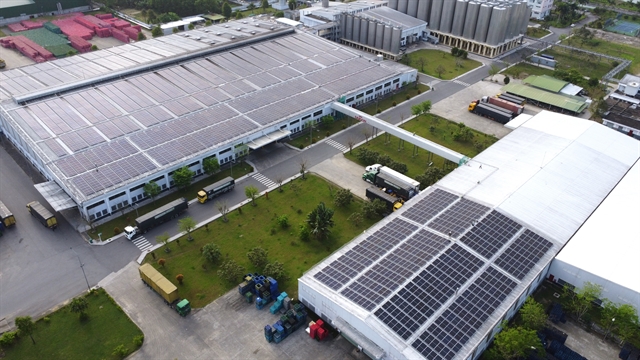
|
| Rooftop solar panels at Saigon Quảng Ngãi Brewery. Currently, 64 per cent of SABECO’s production facilities are equipped with solar power systems. — Photo courtesy of SABECO |
SABECO’s ESG roadmap is directly aligned with the Vietnamese Government’s circular economy strategy and long-term sustainability goals. The company is particularly focused on climate resilience, renewable energy and reducing emissions across its operations.
In 2024, 40.5 per cent of electricity used in SABECO’s production came from renewable sources, such as rooftop solar systems and cleaner fuels. With a target of reaching 50 per cent by 2030, the brewer is accelerating clean energy adoption in both its breweries and logistics network.
By 2050, SABECO aims to achieve net zero emissions, driven by digital monitoring, innovation and strategic investments across the value chain.
“Our goal is not only to brew beer responsibly, but to brew progress for Việt Nam,” the company said. “We are committed to creating long-term value — for business, for the environment and for future generations.”
SABECO’s integrated ESG approach ensures that sustainability is embedded in every decision, from procurement and production to community investment. Through partnerships like PRO Vietnam, the company continues to lead by example in the transition toward a circular, low-carbon economy. — VNS

